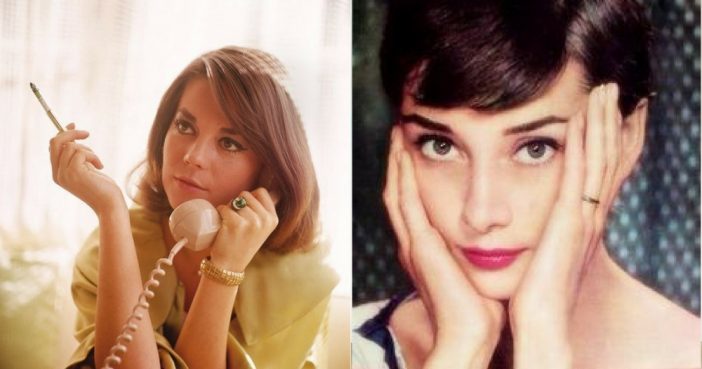
5. Audrey Hepburn
Audrey Hepburn became an ambassador for UNICEF in 1988 saying, “I can testify to what UNICEF means to children because I was among those who received food and medical relief right after World War II.” Her childhood was deeply affected by World War II. She said, “I had very little real youth. Few friends, little fun in the usual teenage way, and no security. ”
Audrey was born in 1929 to an aristocratic Dutch mother and a British-Irish father. Both parents were active fascists and sided with Hitler as he gained power in Europe. Audrey’s father abandoned the family when she was all of six and, after working in the Nazis’ London propaganda agency, he ended up in British internment camp before disappearing after the war (although it has been said that Audrey saw him again many years later). The desertion “destroyed” Audrey. She later said, “If I could just have seen him regularly, I would have felt he loved me.”
Her mother swapped political allegiances and moved the family to Holland for safety, but the country was occupied by the Germans soon after they arrived. Life during wartime was intensely difficult. Food was scarce, especially toward the end of the war, and Hepburn suffered from malnutrition, anemia, and respiratory illness.
Her tiny frame was said to be a result of a childhood with very little food. She recalled memories of her brothers eating dog biscuits to stay alive and trains going by, full of starving children like herself. One of her brothers was captured and sent to a Nazi labor camp.
When the Germans began rounding up all able-bodied people to help build fortifications, Audrey hid in an abandoned cellar for what ended up being many days on end, nearly dying from starvation and illness before she was able to escape. Fortunately, the war ended soon after and Audrey was able to receive help from the Red Cross. She died in 1993, a beloved icon of film who was also loved for her tireless work with UNICEF.
Click NEXT to continue
